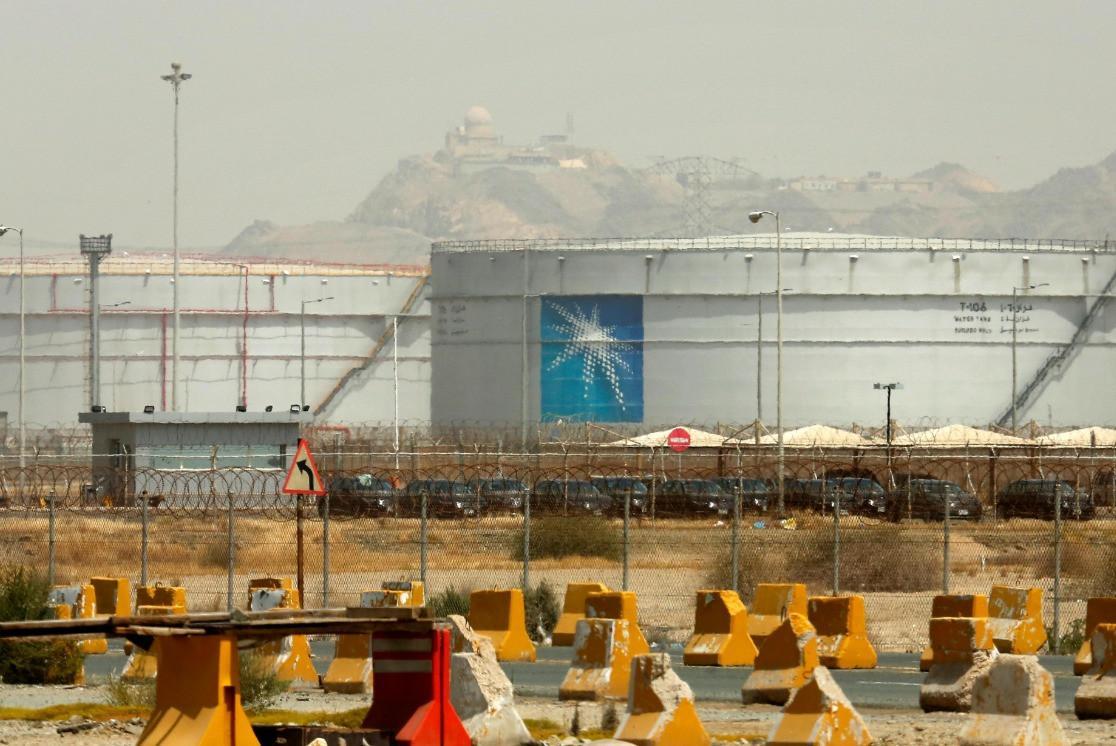Saudi, Russian oil cuts to cause big supply shortfall: IEA
PARIS

Oil cuts by Saudi Arabia and Russia will cause a "significant" global supply shortfall through the end of the year, raising the risk of further market volatility, the International Energy Agency said yesterday.
The warning in the IEA's monthly market report comes a day after oil prices jumped following OPEC's own update showed that the gap between global supply and demand would be the widest since 2007.
"The Saudi-Russian alliance is proving a formidable challenge for oil markets," the IEA said.
Oil prices had been slumping in recent months after surging following Russia's invasion of Ukraine last year.
In an effort to prop up prices, Saudi Arabia and Russia, its ally in the wider OPEC+ group, announced earlier this month that they would extend voluntary cuts until the end of the year.
"From September onwards, the loss of OPEC+ production, led by Saudi Arabia, will drive a significant supply shortfall through the fourth quarter," IEA said.
"Oil stocks will be at uncomfortably low levels, increasing the risk of another surge in volatility that would be in the interest of neither producers nor consumers, given the fragile economic environment," it added.
Saudi Arabia has extended an oil production cut of one million barrels per day, which began in July, to the end of the year.
Russia has decided to prolong a reduction in exports of 300,000 bpd over the same period.
Oil prices have been rising in recent days, raising fears that they will push inflation higher and prompt central banks to keep interest rates higher for longer, which could in turn push economies into recession.
The IEA said world oil demand remains on track to grow by 2.2 million bpd to 101.8 million bpd this year, partly due to resurgent Chinese consumption and jet fuel.
But the extension of Saudi and Russian output cuts "will lock in a substantial market deficit" through the last three months of the year, it added.
















